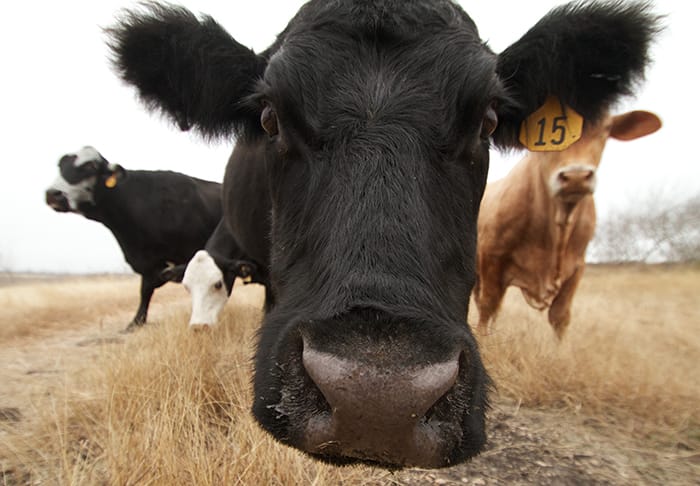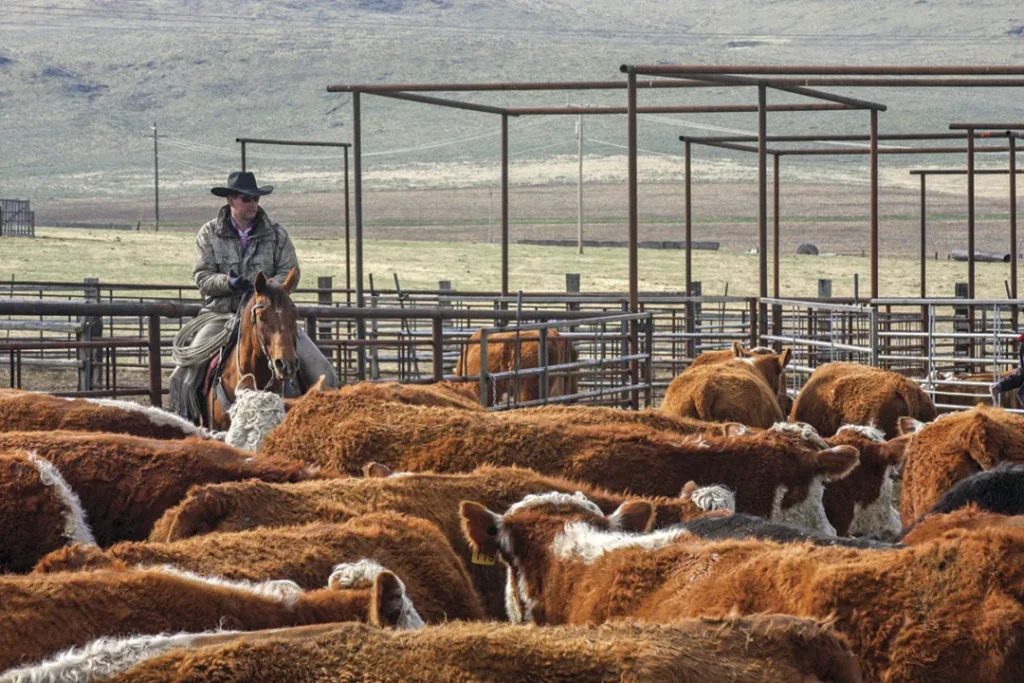MANHATTAN, KS — There are times in life when tough decisions have to be made, and in the beef business that can come when feed resources are limited or a time of generational transition, said the experts at Kansas State University’s Beef Cattle Institute during a Cattle Chat podcast.
“Cows that are not bred are often the first ones to leave the ranch when making a culling decision,” said K-State veterinarian Brad White. “But after that group has been eliminated, there are several factors that guide which group of cattle will be cut from the herd next.”
Some of these include the average age of the herd, pregnancy timing, long-term feed resource availability and market conditions, according to the experts.
“The first thing I want to know is if I’m making a culling decision for just this year or if it is a situation where I’m going to be reducing the herd size over multiple years,” said K-State veterinarian Brian Lubbers. “If I am planning to get out of the cattle business over the next several years versus having a plan to build back my herd size after a drought, those are very different strategies.”

RELATED: A Guide To Cull Cattle Management
K-State beef cattle nutritionist Phillip Lancaster agreed and said that often this decision is more complex than a yes or no answer regarding a specific group within the herd.
“The first ones to be sold might be a young heifer or a bred first-calf heifer that was bred late in the breeding season because she doesn’t fit with my calving season very well and the market potential right now is good,” Lancaster said.
In contrast, White said that the decision for him depends on the average age of the herd.
“If I have an older herd, I don’t want to make the average age even greater by selling off the young females,” White said.
The performance of the calves the cows raise might also influence the culling decision, agreed the experts.
“While I typically don’t cull on calf performance alone, in a year when I must reduce the herd, I may move that cow higher on my list to sell if she raises a lower-performing calf,” said K-State veterinarian Bob Larson.
The other factor to consider is the temperament of the cow, White said.
“If she has an attitude, she is the first to go down the road,” he said.



